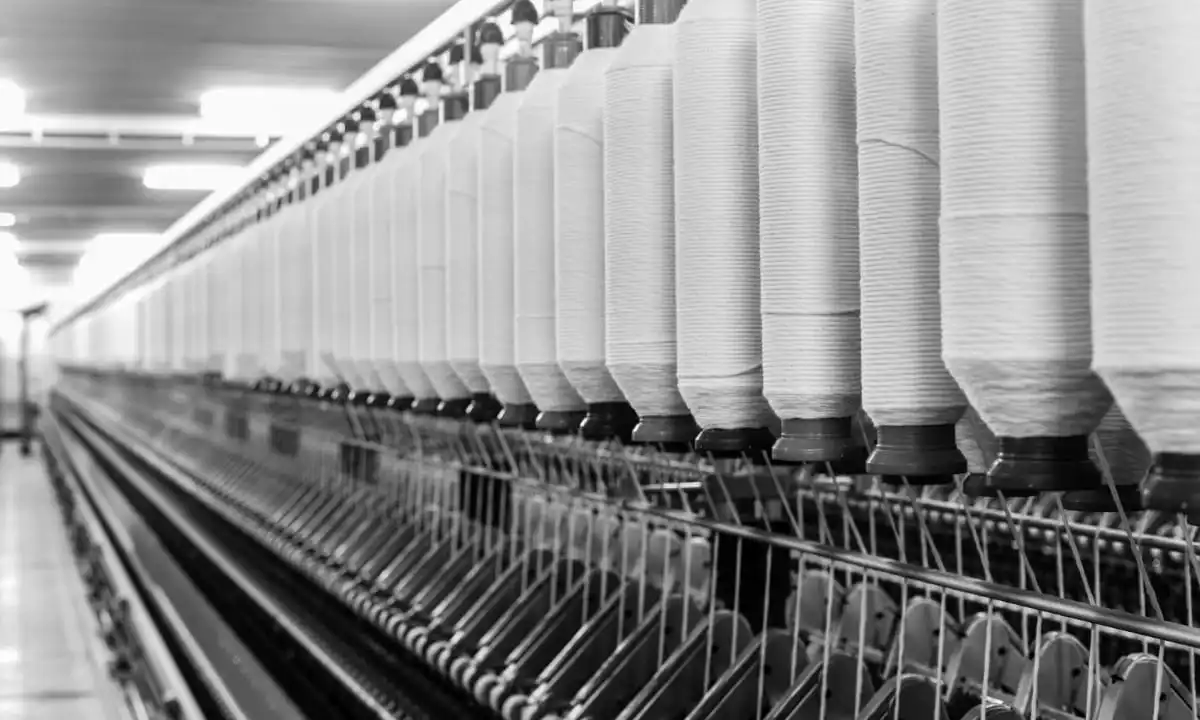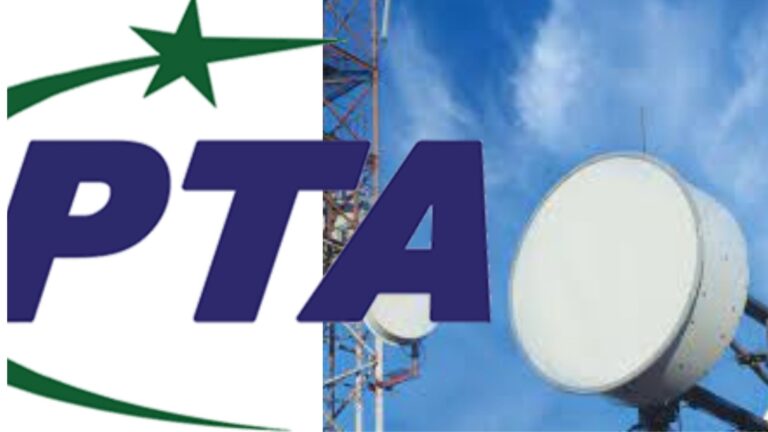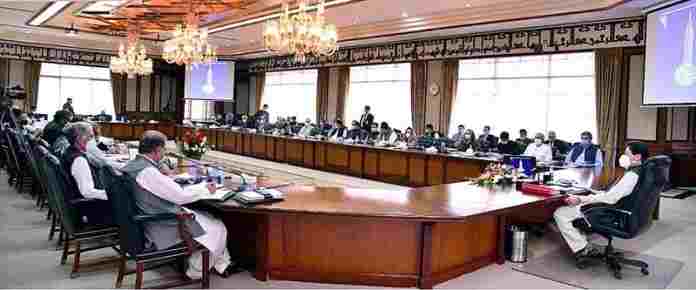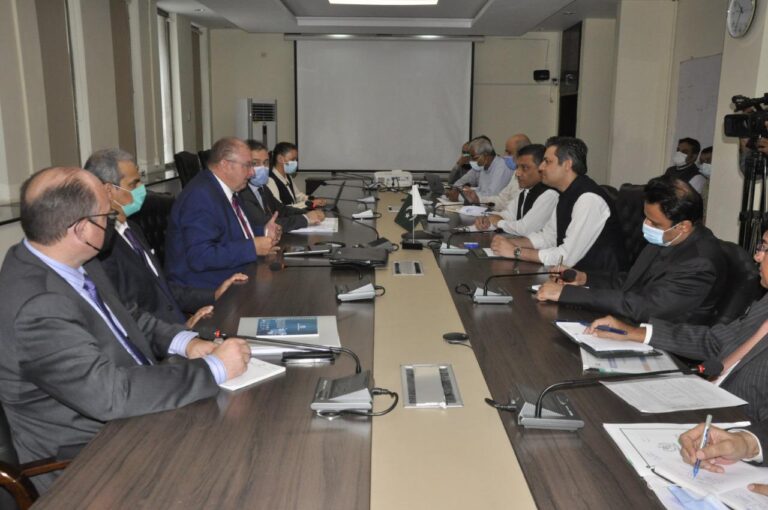APTMA Terms Budget Catastrophic for Textile Industry
Staff Report
The All Pakistan Textile Mills Association (APTMA) has voiced severe concerns regarding the FY25 budget proposed by the government, calling it an extremely regressive budget that threatens the collapse of the textile sector and its exports, with dire consequences for employment, external sector stability, and overall economic and political stability and security of the country.Textile Exports up 3% in March 2024
After peaking at $19.3 billion in FY22, textile exports plummeted to approximately $16.5 billion in FY23. The trend continued throughout FY24, with monthly exports consistently falling over $600 million below the installed capacity. This drastic decline highlights the urgent need for governmental intervention to support the sector.
No measures have been put forward to resolve the industry-wide energy crisis. Grid power tariffs have soared to 16.4 cents/kWh and are expected to increase by another 2 cents/kWh following tariff rebasing in July. This is more than twice the regional average. The cross-subsidy from industrial to other consumers is also expected to rise from Rs. 240 billion to Rs. 380 billion, exacerbating the financial strain on textile manufacturers and further eroding their competitiveness.
The budget is based on extremely regressive tax policies. The tax rate on exports has increased from a 1% final tax regime to a staggering 29% on profits, plus a 2% advance tax on export proceeds. This excessive taxation eliminates incentives for export-oriented activities and drains liquidity from the sector, as the 2% advance tax will soak up all liquidity from low-margin high-volume industries like textiles.
The elimination of zero-rating for local supplies to export-oriented units will lead to a surge in intermediate input imports since exporters can use import-for-export schemes to import duty-free and sales tax-free inputs. This 18% sales tax plus turnover tax will further disadvantage local manufacturers already struggling with high energy costs. Local manufacturers of intermediate products like yarn and cloth have already lost their competitiveness due to prohibitive energy prices, as evidenced by a 600% increase in the imports of yarn between July 2023 and May 2024. These measures will further erode their competitiveness, causing a huge reduction in domestic value addition in exports and deterioration of the trade balance.
Persistent delays in the issuance of sales tax and other refunds have created a severe liquidity crisis within the industry. Despite regulations mandating automatic refunds within 72 hours, delays extend to several months, with many claims deferred indefinitely.








